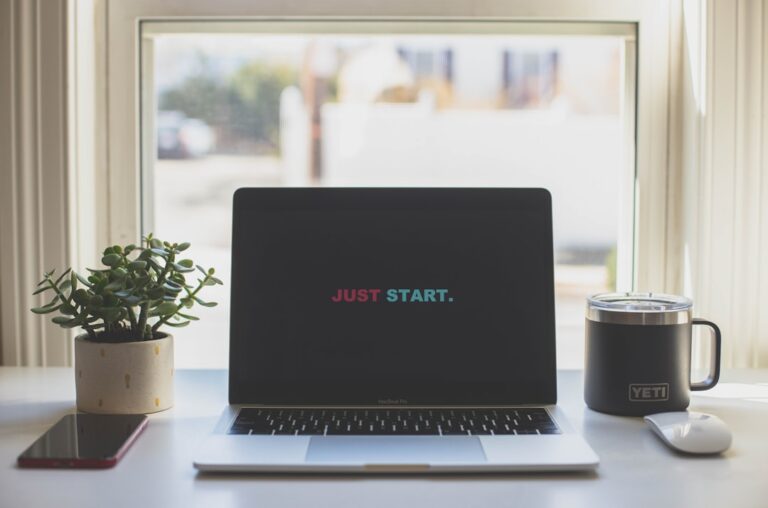
I used to waste my most valuable resources every single day. My time. My energy. My focus. I spent years stuck in a cycle of gaming addiction, binge eating, and pure laziness, feeling like my life was happening to me, not for me. It felt like I was constantly running on empty with nothing to show for it.
If you’ve ever ended your day feeling drained, frustrated, and wondering where all your time went, I get it. I’ve been there. The good news is you are not powerless. You just need a better system for managing what you’ve been given. It’s not about finding more time or energy. It’s about wisely allocating the resources you already have.
Here are ten strategies that helped me go from wasting my life to building one with purpose.
1. Know What You’re Working With
First things first, you need to know what your main resources are. Think of them as the four core ingredients for your life:
- Time: The 24 hours we all get each day.
- Energy: Your physical and mental stamina.
- Attention: Your ability to focus on one thing.
- Money: The financial fuel for your goals.
You can’t manage what you don’t measure. Just acknowledging these four things is a huge first step.
2. Define What Truly Matters
I used to think my priority was to have fun, which for me meant gaming and eating whatever I wanted. But those things left me empty. I had to get honest with myself. What did I really want? I wanted health. I wanted peace. I wanted to build a life that honored God. Your priorities are your compass. Without them, you’re just drifting. Get clear on what truly matters to you—your faith, your family, your health, your purpose. Write them down.
3. Conduct an Honest Audit
This part can be a little tough, but it’s necessary. For one week, track where your resources are going.
- How are you spending your time? (Use a simple notebook).
- What activities drain your energy versus charge it?
- Where does your money actually go?
I was shocked to see I was spending 6+ hours a day gaming. That was a huge wake-up call. Seeing it on paper made it impossible to ignore. This isn't about judgment. It's about awareness.
4. Create an Energy Budget
We all know how to budget money, but we rarely budget our energy. Some people and activities drain you. Others fill you up. Start thinking of your energy as a finite bank account. If you know a certain task or interaction will be a big withdrawal, plan for it. And make sure you’re scheduling things that give you energy back, like a quiet walk, reading, or spending time with people who support you.
5. Focus on High-Impact Work
Most of us believe we need to work 8-hour days to be productive. That’s a myth. I found that I get my most important work done in 2-4 hours of focused, deep work. I turn off my phone, close my tabs, and just focus on the one thing that will move the needle. This is the 80/20 rule in action: 20% of your effort often produces 80% of your results. Find your 20% and protect that time fiercely.
6. Get Good at Saying "No"
Every time you say "yes" to something, you are saying "no" to something else. If you say yes to staying out late, you’re saying no to a good night’s sleep and an energetic morning. If you say yes to a project that doesn’t align with your goals, you’re saying no to time you could spend on what truly matters. Saying "no" isn't selfish. It's essential for protecting your resources for your priorities.
7. Automate and Simplify
Our brains can only make so many good decisions a day. Don't waste that precious resource on small, repeatable tasks. Automate what you can. I simplify my life by eating similar healthy meals every day. This eliminates the daily debate about what to cook. Create simple routines for your mornings and evenings. The less you have to think about the small stuff, the more attention you have for the big stuff.
8. Invest in Yourself
Allocating resources isn't just about cutting back. It’s also about smart investments. Spend your time, energy, and money on things that will pay you back tenfold.
- Invest time in learning a new skill.
- Invest energy in exercise.
- Invest money in healthy food.
These aren't expenses. They are investments in your most important asset: you.
9. Celebrate the Small Wins
When I set out to lose over 110 pounds, the final goal felt impossible. I couldn't focus on that. Instead, I focused on winning the day. Did I eat healthy today? Win. Did I go for a walk? Win. Celebrating these small victories gave me the motivational fuel to keep going. Resource allocation is a long game. Celebrating small wins refills your tank and makes the journey enjoyable.
10. Seek Wisdom Through Prayer
Sometimes, you’ve done the audits and made the plans, but you still feel lost. You don't know where to turn or what to prioritize. This is where faith becomes practical. For me, as an Orthodox Christian, prayer isn't a last resort. It's my primary guidance system. Taking my plans and worries to God in quiet prayer brings a clarity that no spreadsheet ever could. It helps me align my priorities with His will, which is the ultimate form of resource allocation.
Changing how you use your resources won’t happen overnight. It’s a process of small, intentional choices that add up over time. But you have the power to start. You can take back control.
So, what’s one small resource you can reallocate for the better, starting today?





